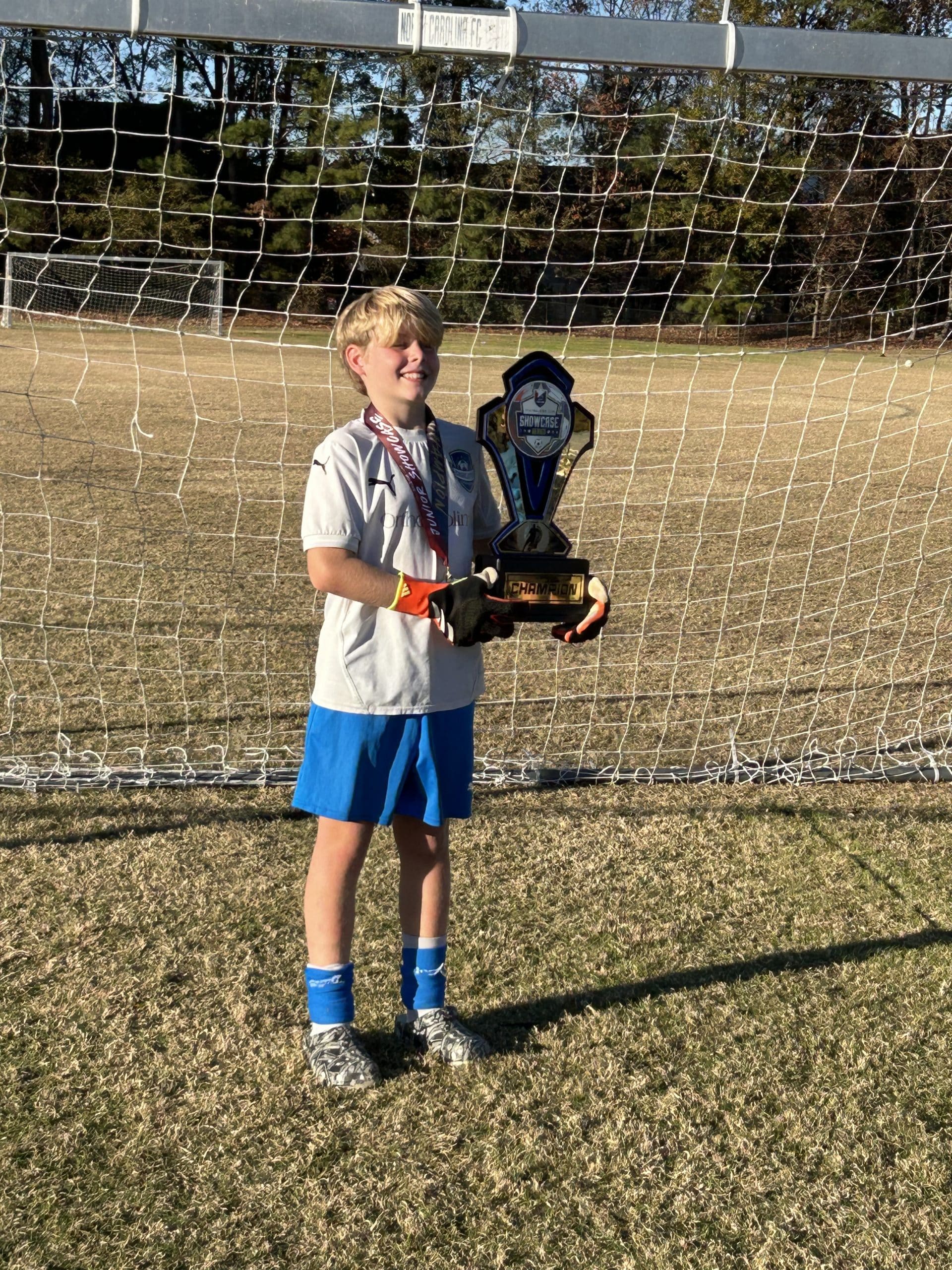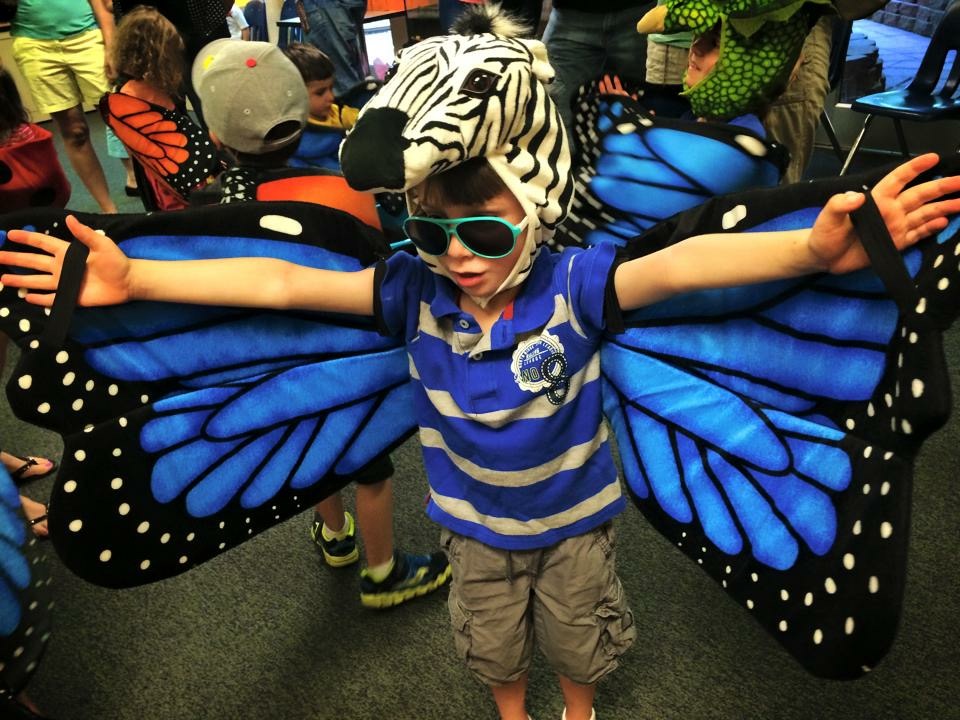Active shooter drills are under the spotlight. Many wonder the effectiveness of the lockdown drills. Also, parents and teachers wonder how they mentally affect school students. Research shows 57% of students surveyed worry about a shooter at school. Also, 63% of parents worry about the same. Thus, many ask if the drill causes more harm than good. They wonder if these drills cause trauma.
As a drill is too realistic, it traumatizes students. Students need to know about a practice drill. An NBC news report states, “Over the past two decades, the drills have ramped up in intensity — with some schools going so far as to use fake blood and fire blanks at students. A drill last month at an Indiana school prompted outrage when teachers were shot execution-style with pellet guns, leaving them injured.”
There is no evidence that a dramatically designed drill does any good to prepare students. A Northeastern University Professor states, “there is no evidence that [an active shooter drill] prepares people any better than in just instructing them verbally or in writing.”
Active Shooter Drills and Parents
Most parents are angry at drills that are too realistic. Also, they are angry with drills that cause anxiety in students. Young children are taught to ‘barricade’ doors. Furthermore, there are posters with instructions on the procedure for a ‘lock-down’.
However, as students know exactly what to do and where to go is beneficial as a disaster happens. With practice, the reaction becomes natural. Drills do not give students a chance to panic as one occurs. However, too many drills cause fear. Several teachers’ unions want active shooter drills to stop. They claim there is mental harm to students. Thus, schools must find a better method to prepare students. What is good for one school may not be good for a school in a different area.
There is much debate about shooter drills. However, many agree that students need to be prepared.




